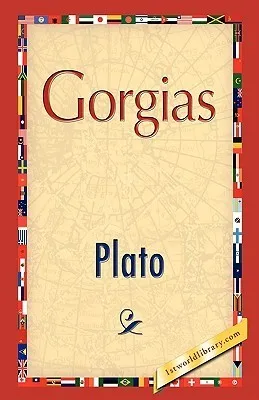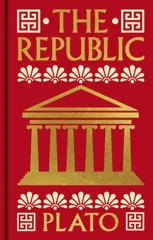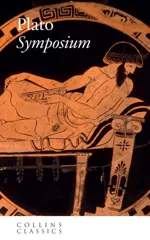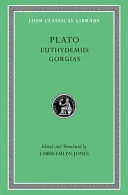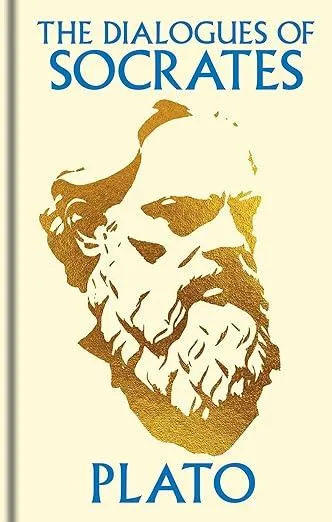Gorgias
(Author) PlatoJune 18-. Squire Hawkins sat upon the pyramid of large blocks, called the "stile," in front of his house, contemplating the morning. The locality was Obedstown, East Tennessee. You would not know that Obedstown stood on the top of a mountain, for there was nothing about the landscape to indicate it-but it did: a mountain that stretched abroad over whole counties, and rose very gradually. The district was called the "Knobs of East Tennessee," and had a reputation like Nazareth, as far as turning out any good thing was concerned. The Squire's house was a double log cabin, in a state of decay; two or three gaunt hounds lay asleep about the threshold, and lifted their heads sadly whenever Mrs. Hawkins or the children stepped in and out over their bodies. Rubbish was scattered about the grassless yard; a bench stood near the door with a tin wash basin on it and a pail of water and a gourd; a cat had begun to drink from the pail, but the exertion was overtaxing her energies, and she had stopped to rest. There was an ash-hopper by the fence, and an iron pot, for soft-soap-boiling, near it.
Plato
Plato was an ancient Greek philosopher and the founder of the Academy in Athens, the first institution of higher learning in the Western world. His most notable works include "The Republic," "Symposium," and "Phaedo." Plato's dialogues are written in the form of conversations between Socrates and other characters, exploring themes such as ethics, politics, and metaphysics.
Plato's influence on literature is profound, as his philosophical ideas have inspired countless writers and thinkers throughout history. His most famous work, "The Republic," is a seminal text in political philosophy and has had a lasting impact on the genre. Plato's literary style is characterized by its use of dialogue, dialectic, and allegory, making his works both engaging and thought-provoking.
